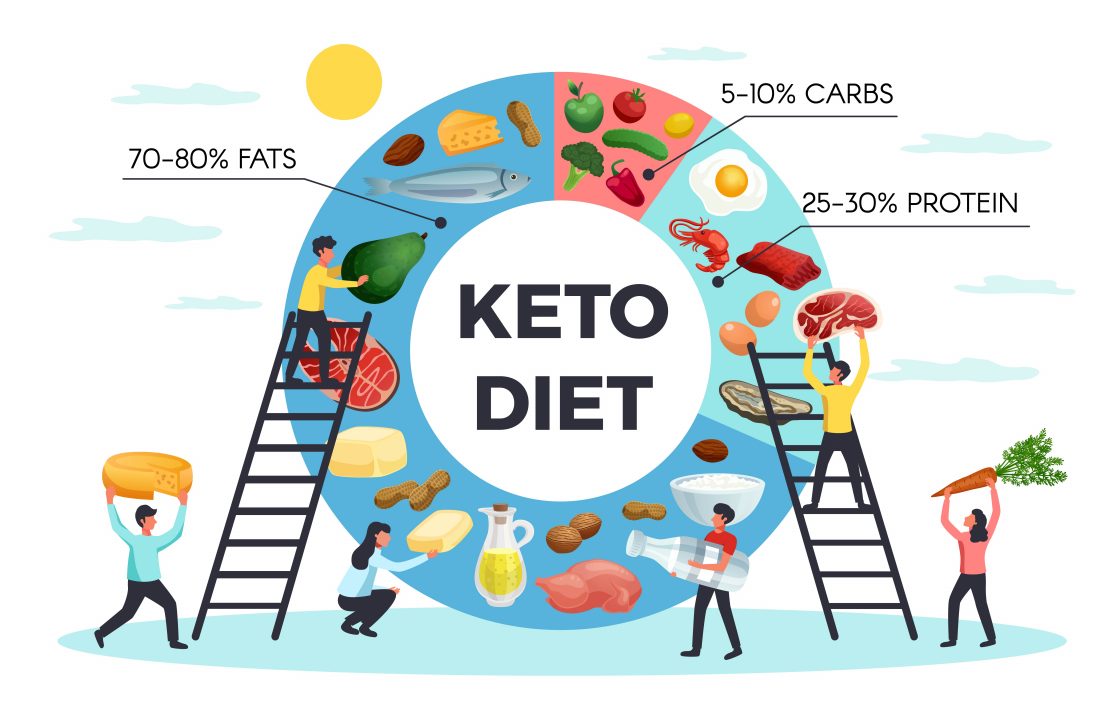The hot summer sun can zap energy and nutrients from the body: Eat these foods to help your body recover quickly
Heat exhaustion is a heat-related illness that can occur after you’ve been exposed to high temperatures, and it often is accompanied by dehydration.
There are two types of heat exhaustion:
- Water depletion: Signs include excessive thirst, weakness, headache, and loss of consciousness.
- Salt depletion: Signs include nausea and vomiting, muscle cramps, and dizziness.
Although heat exhaustion isn’t as severe as heat stroke, it isn’t taken lightly. Without proper intervention, heat exhaustion can progress to heatstroke, damage the brain and other vital organs, and even cause death.
Symptoms of Heat Exhaustion
The most common signs and symptoms of heat exhaustion include:
- Confusion
- Dark-colored urine (a sign of dehydration)
- Dizziness
- Fainting
- Fatigue
- Headache
- Muscle or abdominal cramps
- Nausea, vomiting, or diarrhea
- Pale skin
- Profuse sweating
- Rapid heartbeat
The Best Foods that Help Prevent Heat Exhaustion and Heat Stroke
The hot summer sun can zap energy and nutrients from the body: Eat these foods to help your body recover quickly
- Cucumber

It comprises 95 % water and perfect for those aiming for a few inches loss this summer. It keeps the digestive system well hydrated. It is the skin that is rich in vitamin C and antioxidants that protects your body from damaging radicals.
- Watermelon

With such a hot temperature, we all get a feeling to have something sweet and juicy, and what would be better than watermelon?
Watermelon primarily stimulates the release of excess perspiration, and so heatstroke will not be on your radar. So, grab a slice of watermelon to beat the heat.
Mangoes
It is nearly impossible to imagine summers without this fruit. Mangoes are a perfect summer essential not only are they loved for their sweet-tangy taste but also for their nutritional properties. Packed with health-enriching nutrients like proteins, Vitamins A, B6, C, iron, folate, magnesium, riboflavin, and dietary fibers, mangos contain over 20 different vitamins and minerals, helping to make them a superfood.
- Basil Seeds

We have always heard about basil leaves being the natural key ingredient for pesto. However, do you know it seeds are equally important, especially during summer?
The seeds have a unique cooling effect on the body and hence, recommended especially post-exercise and humid temperatures. One can take in water in the form of a more relaxed or add in smoothies.
- Tomatoes
Tomatoes have a water content of 95%. Add this rich source of the antioxidants lycopene, vitamin C, and vitamin A to salads for a cooling meal. Lycopene is a carotenoid, a pigment that gives tomatoes their rich color.
- Zucchini
- Mint

Have you noticed that you crave mint in the form of ice creams or cooler during summer? This is mint contains a compound that is knowns to induce a feeling that the food is cold. Isn’t it amazing? So, don’t just always opt for cold foodstuffs; you can also go ahead with mint tea to beat the summer.
- Kiwi

Dehydration causes a decrease in sodium and potassium levels. Kiwi is known to have a good source of both of these nutrients and maintains the electrolyte balance.
- Celery

Celery is 96% water and contains sodium, potassium, magnesium, calcium, phosphorus, iron, and zinc all in a natural and readily absorbable form. 2-3 sticks of celery are enough to realm all the vital nutrients necessary to maintain the electrolyte balance.
- Pears

Maintaining your hydration status by drinking fluids may not always be suitable for a person. Hence, one can keep with the levels by eating a medium sized-pear.
- Salmon

Salmon provides omega-3 fatty acids which assist your hypothalamus, i.e., a part of the brain responsible for controlling body temperature, hunger, and thirst. In the event of heat exhaustion, the hypothalamus function goes for a toss due to the body’s inability to release heat through perspiration.



